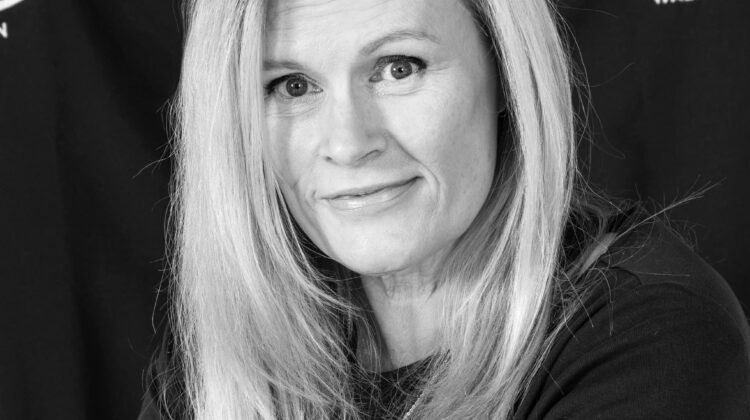
It is World Menopause Day, and in the first of a new monthly section on all things related to the menopause, Victoria Howell steps forward to explain why she is passionate about providing menopause services for individuals and businesses
I graduated from the UEA in 2003 as a Registered Nurse Adult or RNA and I have worked in both primary and secondary care as a community nurse, a practice nurse, a continuing health care nurse assessor and most recently in senior clinical management. When I was working in the NHS I also trained as a coach mentor practitioner to support junior members of staff to be their best and to help them have the confidence to go for promotions etc. I’m still a registered nurse.
I provide menopause workshops in the workplace: general menopause awareness training, and training for managers and menopause champions. I also get asked to speak at regional and national functions, I’ve had articles published in professional journals, plus I’ve written chapters in two books about menopause.
I’m a co-founder of WHENN, which is the Women’s Health Education Network Norfolk. We formed a year ago, in October 2022, with the aim of providing free education for health professionals working in primary care. We did our first conference in April of this year – at the Forum Norwich – and what we want is to enable health care professionals to have the confidence and competency to further support patients in the community.
Why did I establish Victoria Howell Health & Wellbeing? Throughout my career I’ve had an interest in women’s health going back in the late 80s (yes, I was very young then!). My first job was as a fitness instructor, so my interest in women’s health stems from a very early age – I was still at high school. After working in senior clinical management, and the closedown of my workplace, I really wanted to return to a patient-facing role where I felt I could make a difference in people’s lives. So, I took that opportunity and trained with the British Menopause Society – in the faculty of sexual reproductive health – and the Primary Care Women’s Health Forum. I started my business in 2019, just before Covid.
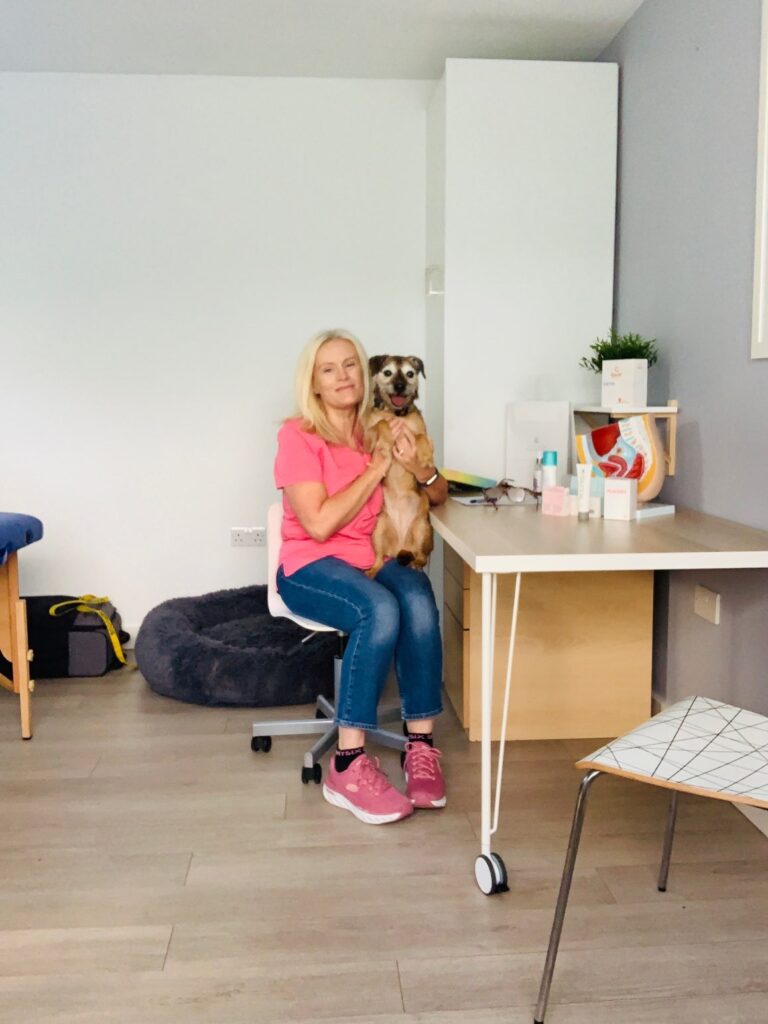
I started my business because I was aware that a lot of women were struggling with symptoms and to be heard and supported, and I didn’t want any woman ever to feel alone, or that they were different. Menopause impacts in so many different ways – including thought processes. Because women still have irregular periods with perimenopause, why would they think these symptoms were anything to do with menopause? So, it’s very much ‘let’s talk about it, everybody, this is normal, this is a natural transitional part in somebody’s life where we may well need support’. That’s basically why I started it.
I have become a lot busier providing awareness in the workplace and I think it’s a combination of an increase in public awareness of menopause in the workplace, and in employment tribunals hitting the headlines. We’ve had a couple recently where the employers lost so then they obviously had to pay out. I think businesses understand the need to support their workforce more these days. I work closely with HR and wellbeing departments of businesses. They are so keen to have menopause training for all in the workplace, and demand has increased dramatically just in the last few years. Often businesses may request a short lunchtime session for staff to begin with, but they soon realise the positive impact of that and will book a full day workshop on the back of that.
I have been very lucky with the companies I have worked with, asking me back annually to deliver workshops, because they recognise the impact that it’s had in the workplace.
The return on investment is risk-free. By providing menopause awareness in the workplace, women can be better supported. Colleagues will know how to signpost to further resources to help, and managers will know how to confidently support people by having the knowledge and skills. Wellbeing and HR can have workplace assessments so they can see how they are equipped to help people going through the menopause, and learn about the types of reasonable adjustments that an individual may require. It’s a no-brainer but I would say that! The feedback has been immense.
I have all genders attend my sessions and the engagement from people is amazing; everybody gets stuck in. It’s not just a case of I stand there and talk at people. We do group activities – we even do a good activity where we get a couple of people to volunteer and put a heated jacket on, so they have an experience of what a hot flush may be like. It’s great hearing their feedback on how, when they are given a task to do, they can’t concentrate like they could before – they were thinking ‘when can I take this jacket off?’ There are lots of different activities that can help people have a deeper empathy of how an individual may be feeling.
More and more people are signing up to have menopause champions in the workplace now and that’s something I am involved with the delivery of iin Norwich. People who are in training will know how they can support people. For example, if an individual is starting to feel that they are perimenopausal, they know that – if they don’t feel comfortable talking to their manager about it – there is a menopause champion in their organisation and can have that conversation in a safe environment.
As well as providing training in the workplace, I provide a staff clinic for an NHS Foundation Trust which has proven very popular. It helps them feel understood in the workplace. I started off with a short commission which has been extended. I also do private consultations for individuals if they wish, and we will go through all their symptoms and main concerns, and I will come up with recommendations for those issues. Again, it’s women not having to feel alone.
The menopause can affect our confidence in a variety of ways. Often it can be the lack of oestrogen not being able to communicate with other feelgood hormones such as serotonin, which can impact on our mood and balance and, therefore, our confidence. It can also impact on memory, concentration and motivation and, if we’re noticing an impact in the workplace by not remembering things or not being able to concentrate, we can start doubting that we can actually do the job. This is why a lot of women have given up work prematurely when they start to believe they cannot do the job – when in fact the opposite is very true.
Menopausal women are more than capable of doing their jobs but once the confidence dips it’s that internal narrative that an individual may have. We need to help to them with succession planning and to be a mentor and role model to younger staff.
My message to women on World Menopause Day: if you are suffering from symptoms and you have not felt heard by your primary care practitioner, please know there is support out there. One place you can have a look at is the Women’s Health Concern website. You will having nothing but safe, evidence-based factsheets and they are all free – you don’t have to register or sign up. This year the theme is cardiovascular disease. We know that HRT can help to reduce our risk of cardiovascular disease but not everyone can have HRT. It’s not just about HRT. It’s very much about our lifestyle factors.
Whether or not an individual chooses to have HRT, we need to be asking ourselves: are we drinking enough fluids every day? Are we eating nutritious foods? Are we having enough protein and vegetables etc? Are we doing enough of the type of exercise that is right for us? It’s very much about stress-relief and self-care. I know everyone gets stressed through work and life but it’s about knowing how we can manage that stress and how we can use self-care activities to support us as well.
Women’s Health Education Network Norfolk is holding a free workshop, Menopause – What Women Wished They Knew, on Saturday November 18, from 9.30am-1.30pm, at The Willow Centre, 1 Willowcroft Way, Cringleford NR4 7JJ. Diane Danzebrink from Menopause Support will be talking about the impact of relationships. Tickets are free. Visit Eventbrite. Also, visit Victoria Howell Menopause Services. Victoria has contributed a chapter to The Aargh to Zen of Perimenopause: The Essential Guide to Navigating Perimenopause Your Way, by Emily Barclay and the PeriHub Experts. Visit Amazon.




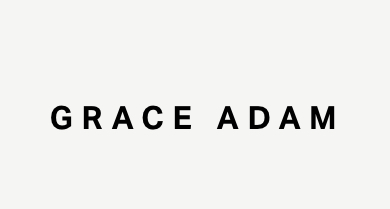
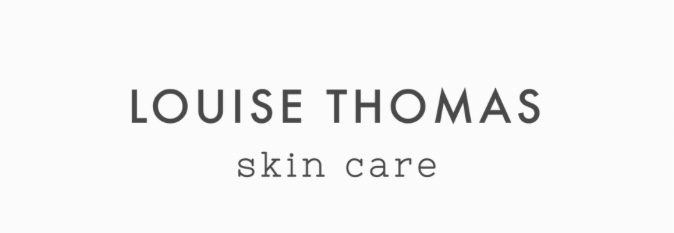

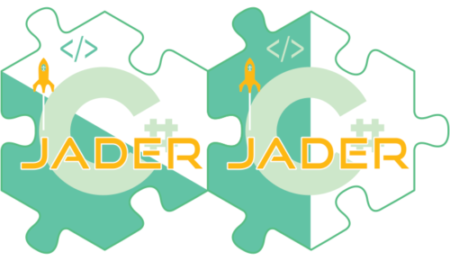
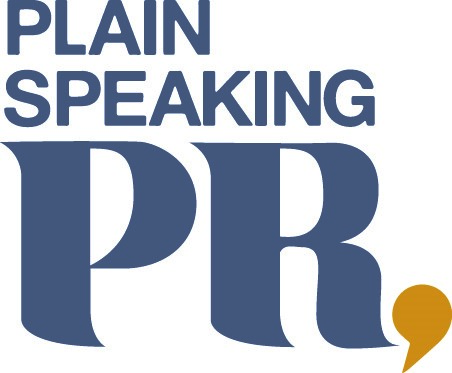
Leave a Reply